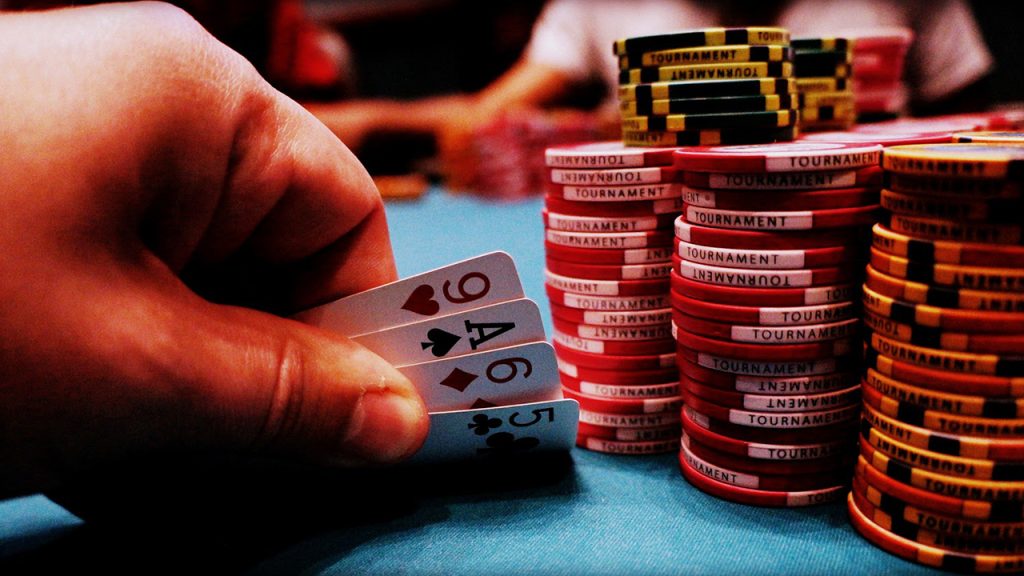
Strategy for beginners: choosing a starting hand in Omaha poker
Naturally, it is difficult for the beginner player of Omaha poker to remember thirty starting combinations right away, so starting to learn this poker variant can be guided by a simpler strategy of choosing a starting hand.
Guaranteed starting hands in Omaha poker (especially if you are not sure of your strength at the moment) are as follows:
Three equal value hole cards, sets (three of a kind): aces, kings, queens and jacks.
One or two pairs of the major cards: pairs of aces, kings, queens, jacks. Of great importance in Omaha poker is the fact whether a card is closed or open. If the cards that make up a pair are open, the predominance is less than in cases when the pair is closed, since in the situation with the closed pair your opponents cannot guess the presence of the pair.
The draft hand of a suit is a basis for the future flush. It is necessary to draw this initial hand only when the draft consists of the major cards: ace, king, queen, jack. The lower the value of the cards that make up a draft combination, the more risky it is to draw such a hand.
Pairs of half-value cards are ten, nine, eight.
Draft hands of the middle cards of a suit (jack, ten, nine, eight), in principle, it is possible to draw such hands, but to do so is quite risky.
Playing position in Omaha poker

One more important rule for winning Omaha poker is positionality: it is necessary to build your game strategy, considering your position in relation to the dealer in each round and the position of the opponents.
In Omaha poker position analysis is much more important than in texas holdem. In texas holdem the player in late position bets last and has correspondingly more information about the behaviour and hands of the opponents than the player in early position. And in Omaha poker the player possesses not only information, but receives more variants of the following actions. For example, if the player in the early position in Omaha poker increases the bet, the player in the late position has a chance to call without losing a large amount of chips.
In Omaha poker there are much more potential strong combinations than in Texas Holdem, since the number of cards dealt pre-flop is twice as large and there are more stages in the game. Correspondingly, in Omaha poker it is possible to draw the largest number of starting hands, but this depends exclusively on the player’s position. for example, in early position the number of profitable starting hands is limited to a maximum, and it is not possible to draw weak combinations/marginal hands in any case.
Flop, turn and river: three most important stages in Omaha poker

If in texas holdem the profit depends very much on the strategy chosen already in the pre-flop, after the analysis of the starting hand, in Omaha poker the situation is directly opposite: the strategy of the game on the flop, turn or river is of great importance.
Pre-flop in Omaha poker can be considered only a special preparatory stage, the game becomes much more intensive and aggressive on the flop. If on the flop a player has already composed a strong combination, it is very likely that one-two opponents will have the strongest possible combinations that can potentially be completed on the turn or river. That is why in Omaha poker the hand to the river is always considered an unfinished hand.